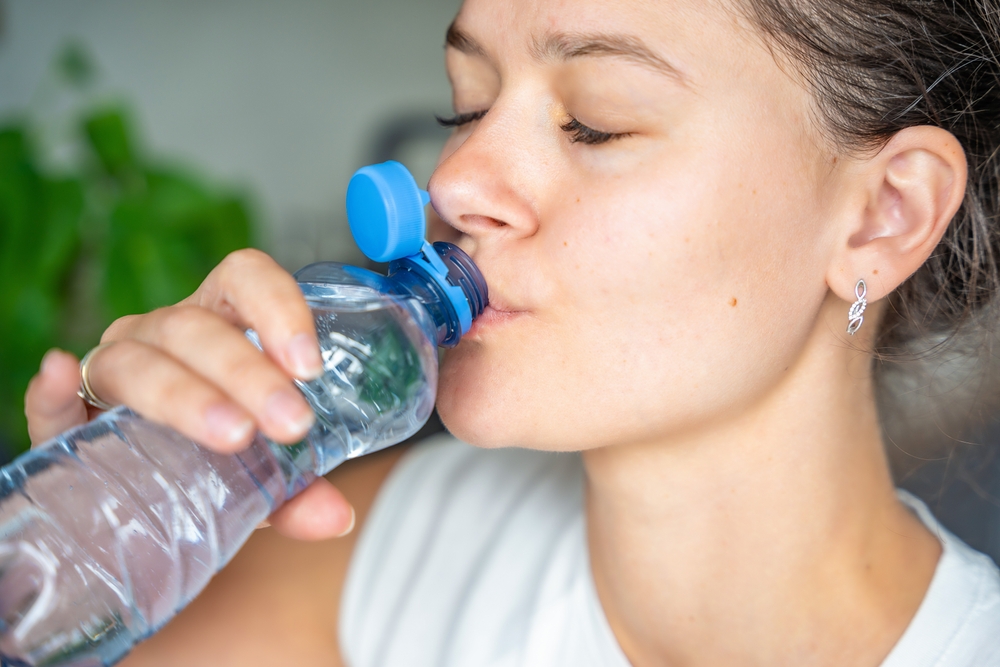How Many Liters of Water Should You Drink Per Day?
Others are reading now
The amount of water you need daily depends on factors like age, gender, activity level, weight, climate, and individual conditions. While the classic recommendation is around 2 liters a day (or 8 glasses), it varies from person to person. Here’s a detailed guide to your water needs.
General Recommendations
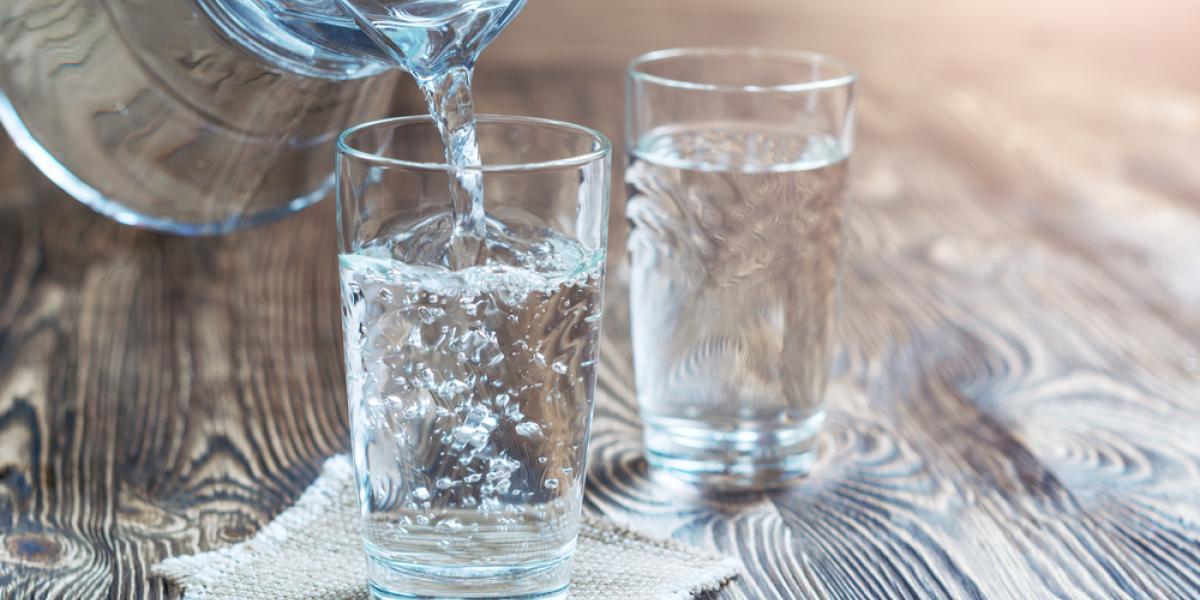
Also read
According to the European Food Safety Authority (EFSA), these are the daily water intake guidelines:
-
Women: Around 2 liters (8 glasses)
-
Men: Around 2.5 liters (10 glasses)
-
Children: 1-1.5 liters, depending on age
-
Pregnant women: 2.3 liters per day
-
Breastfeeding women: 2.7 liters per day
This includes fluids from drinks and water-rich foods like fruits and vegetables.
Body Weight and Water Needs

Your weight affects how much water you need. A common rule is to drink 30-35 ml of water per kg of body weight:
-
70 kg person: 70 × 30 = 2.1 liters
-
90 kg person: 90 × 30 = 2.7 liters
Physical Activity Increases Water Needs
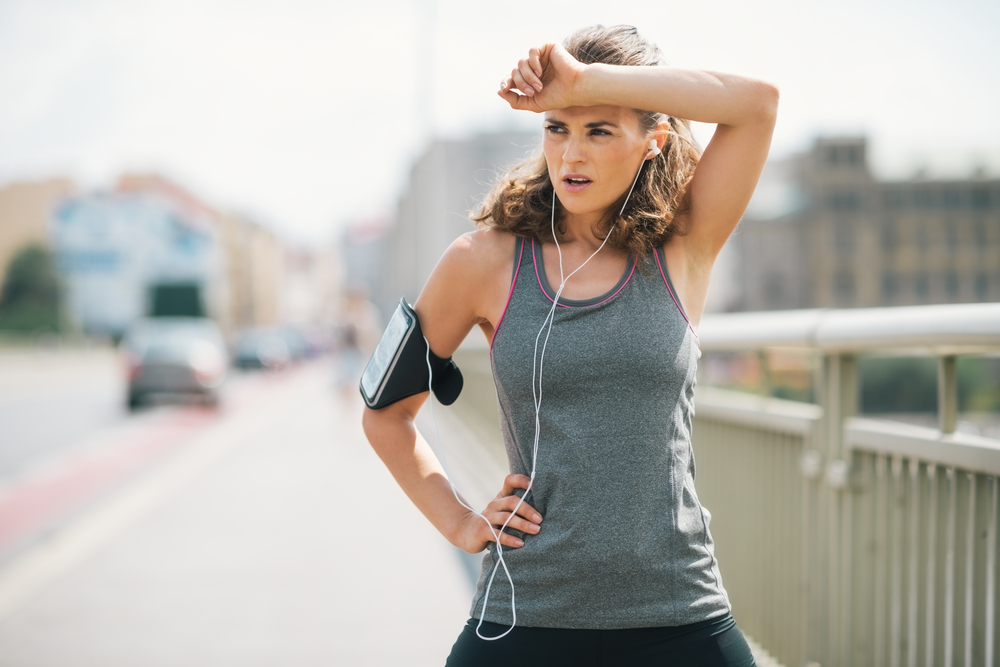
Exercise or physical labor increases fluid loss through sweat.
-
1 hour of exercise: You may need 500 ml to 1 liter extra water.
Always hydrate before, during, and after physical activity.
Climate and Temperature

Hot weather increases sweating, requiring more water.
Cold weather also raises your need for fluids, as the body works harder to maintain warmth.
Diet Impacts Hydration
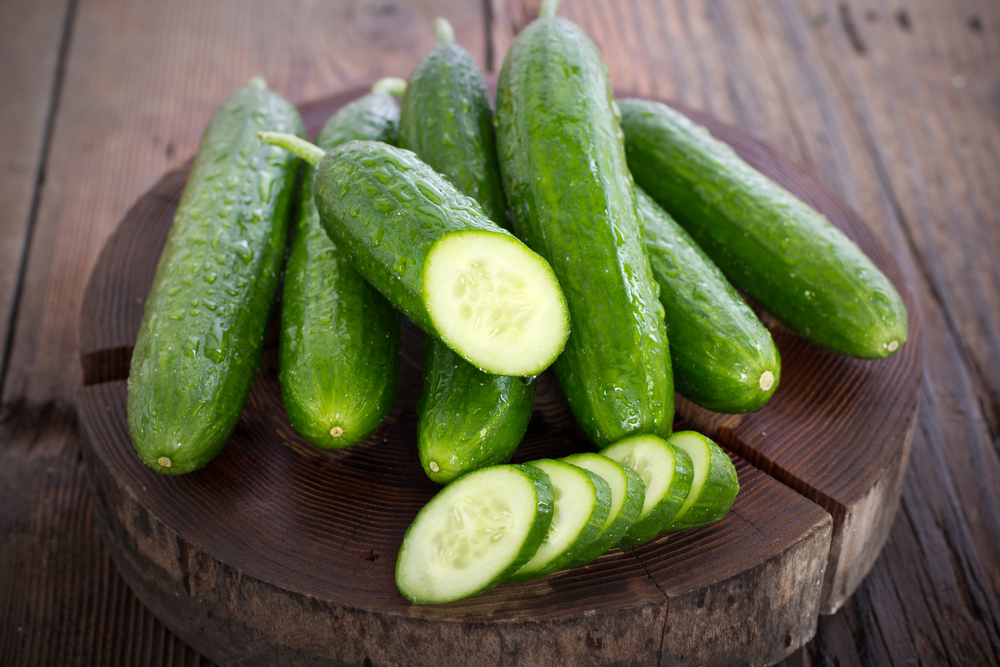
A diet high in salt, spices, or protein requires more water to flush out waste.
Water-rich foods like cucumbers, watermelon, and oranges help hydrate you.
Illness and Increased Fluid Needs
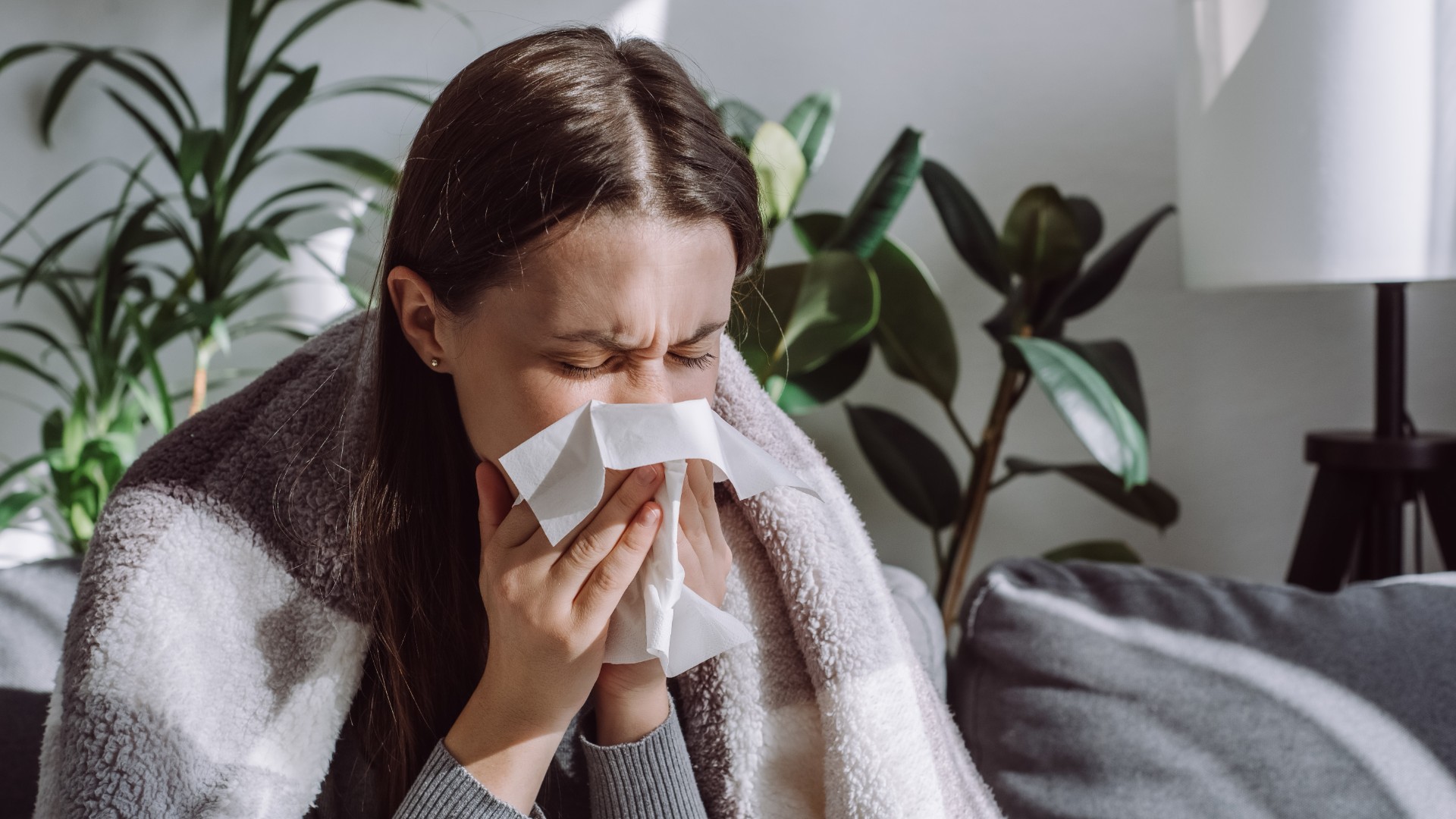
Conditions like fever, vomiting, or diarrhea increase water loss. Drink extra fluids to prevent dehydration during illness.
Signs You’re Drinking Enough Water
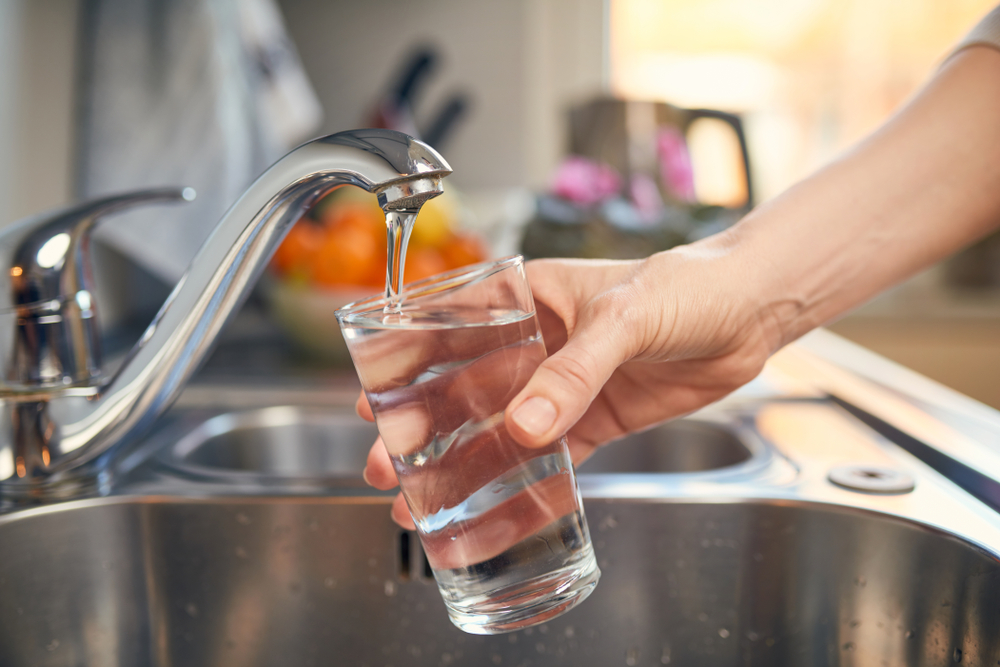
You’re well-hydrated if:
-
Your urine is light yellow or clear.
-
You rarely feel thirsty.
-
Your skin feels moist and elastic.
-
You have consistent energy throughout the day.
Symptoms of Dehydration
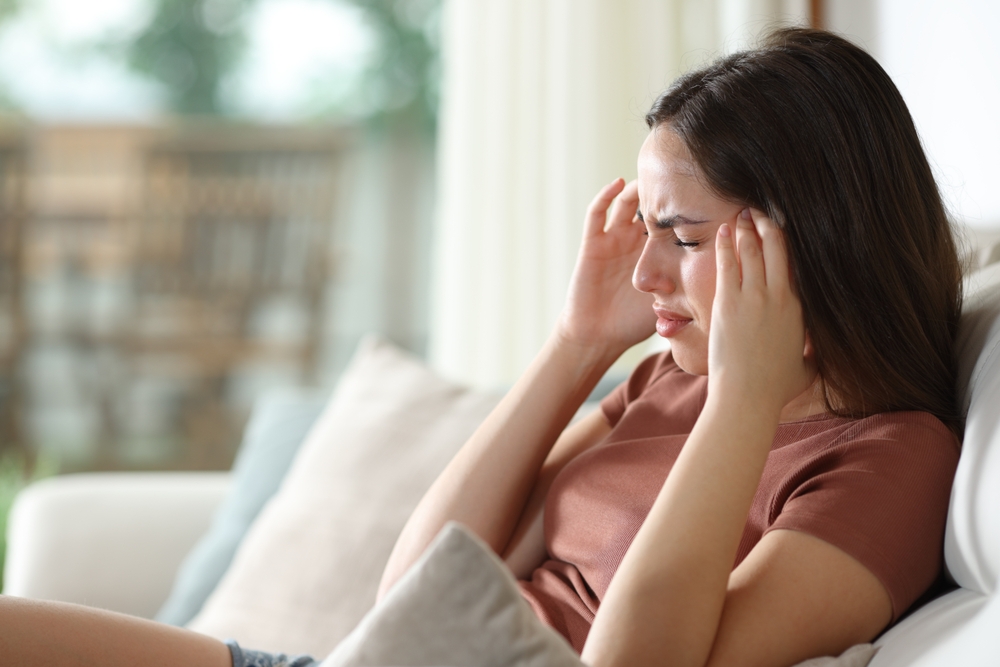
If you’re not drinking enough, you might experience:
-
Dry mouth and lips
-
Headaches and dizziness
-
Fatigue or difficulty concentrating
-
Dark yellow urine
-
Less frequent urination
Can You Drink Too Much Water?
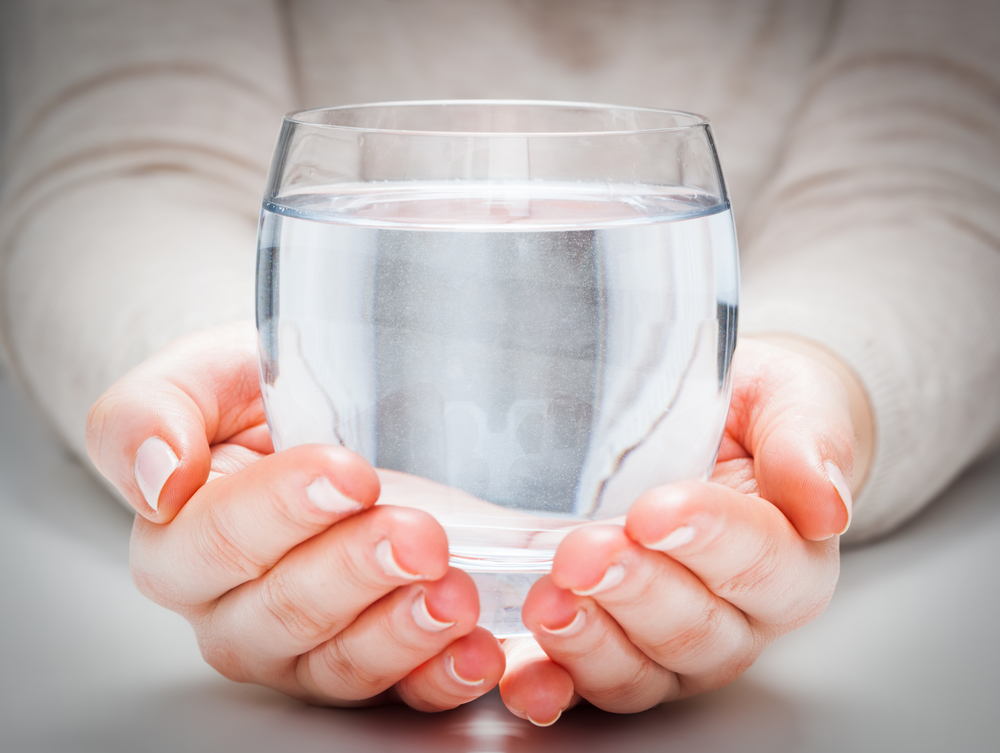
Yes, drinking excessive water can cause water intoxication or hyponatremia, where electrolyte balance is disrupted. Symptoms include:
-
Headaches
-
Nausea
-
Confusion
In severe cases, it can be life-threatening, though rare.
Tips for Healthy Hydration
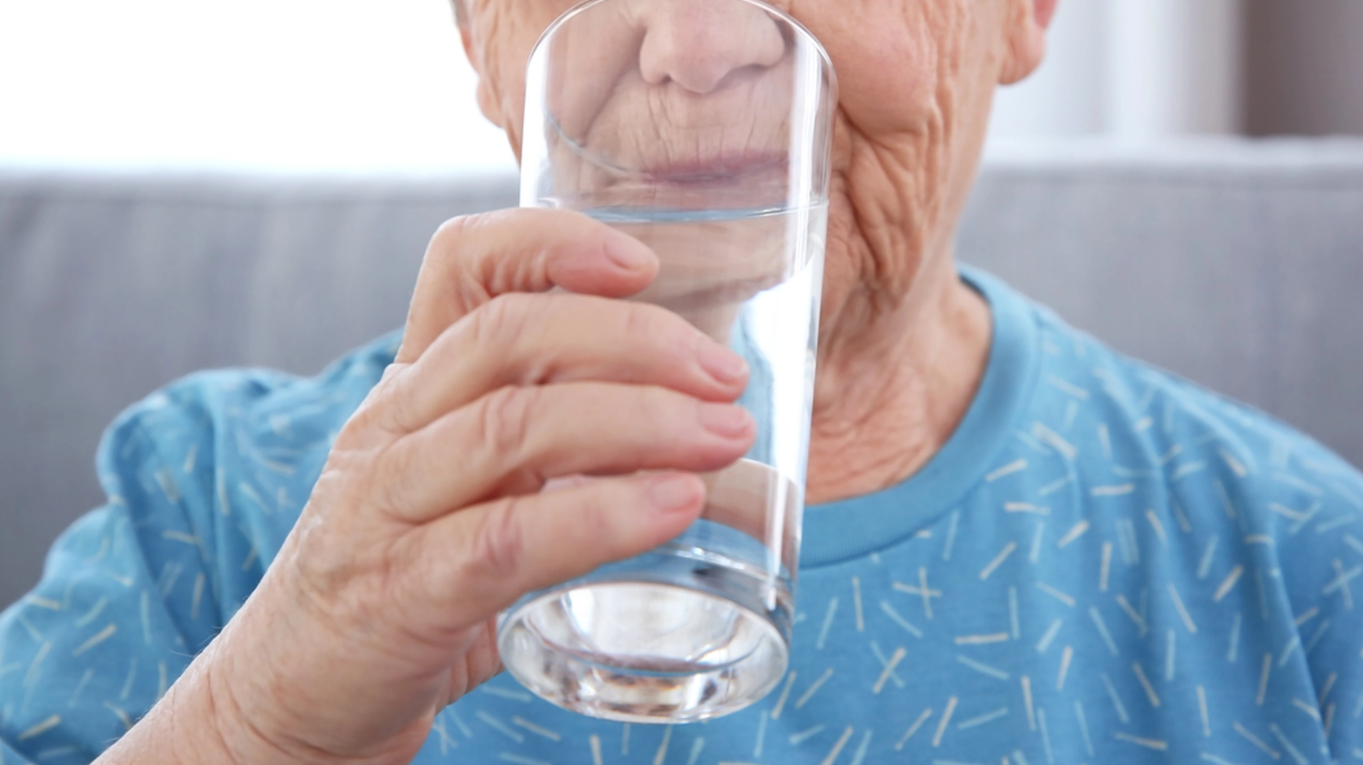
-
Start your day with a glass of water.
-
Drink steadily throughout the day rather than all at once.
-
Keep a reusable water bottle nearby to track your intake.
-
Listen to your thirst – your body knows what it needs.
-
Count water-rich foods like soups, fruits, and vegetables as part of your intake.

